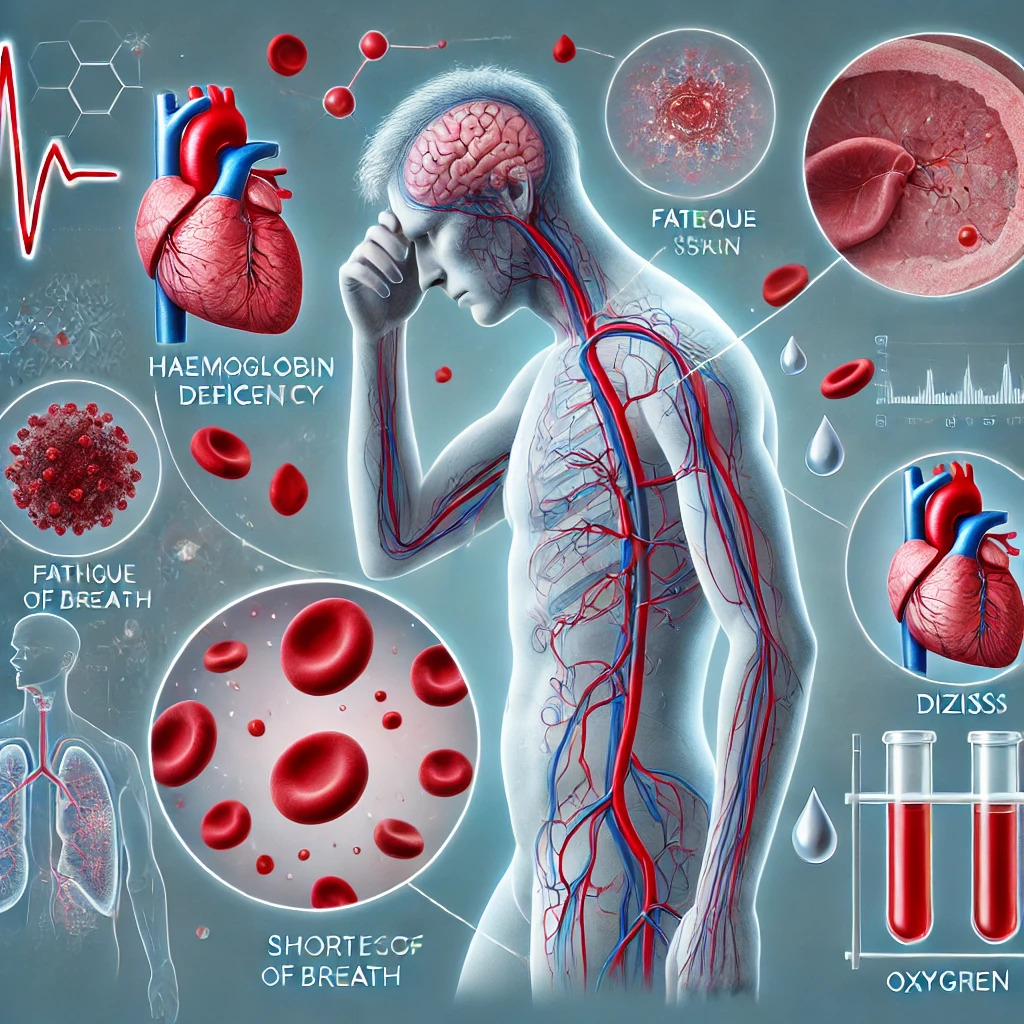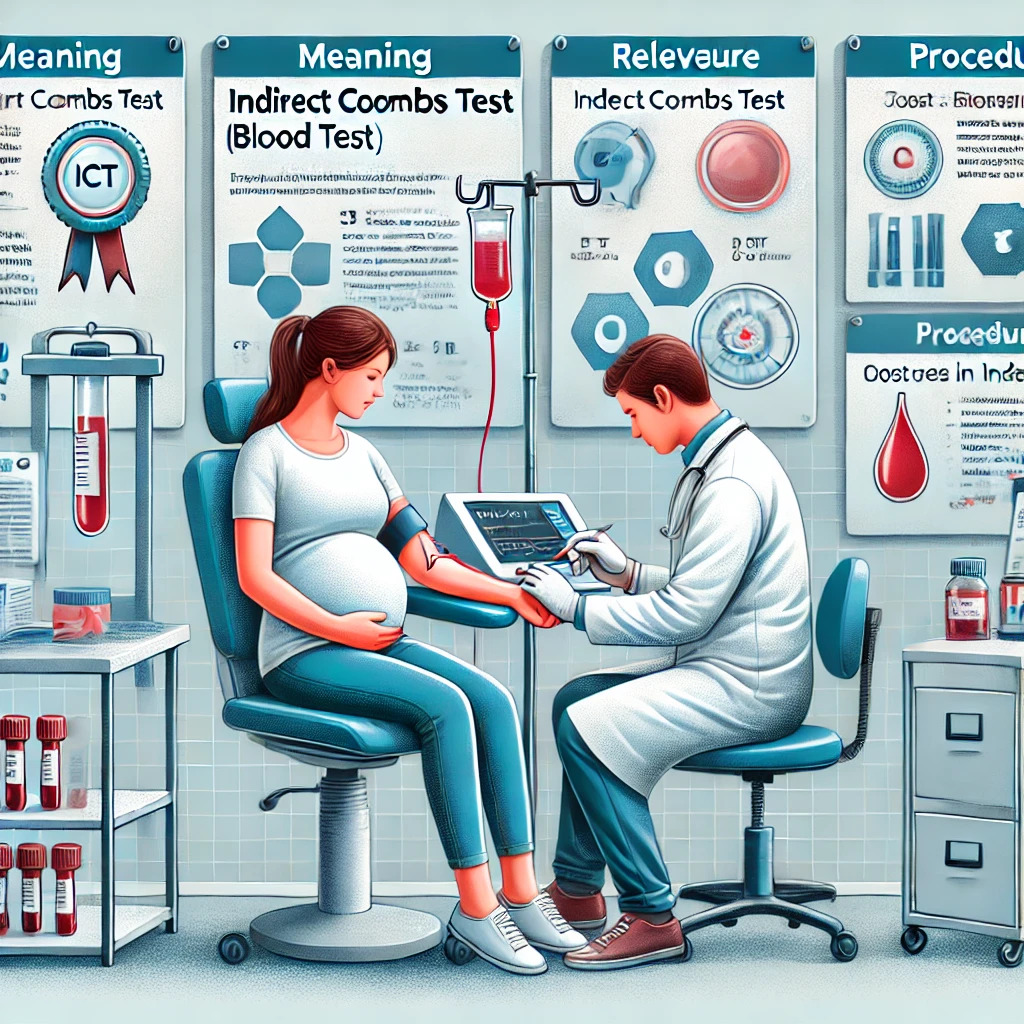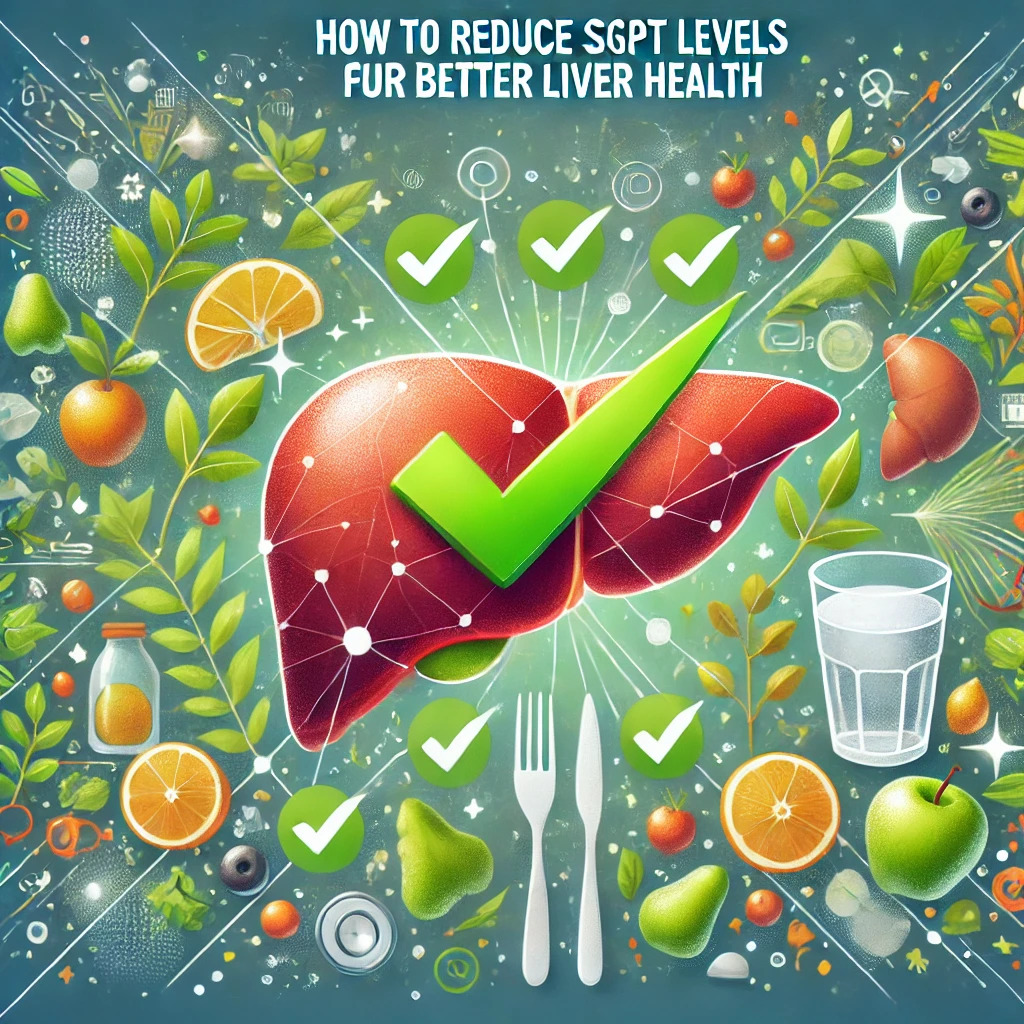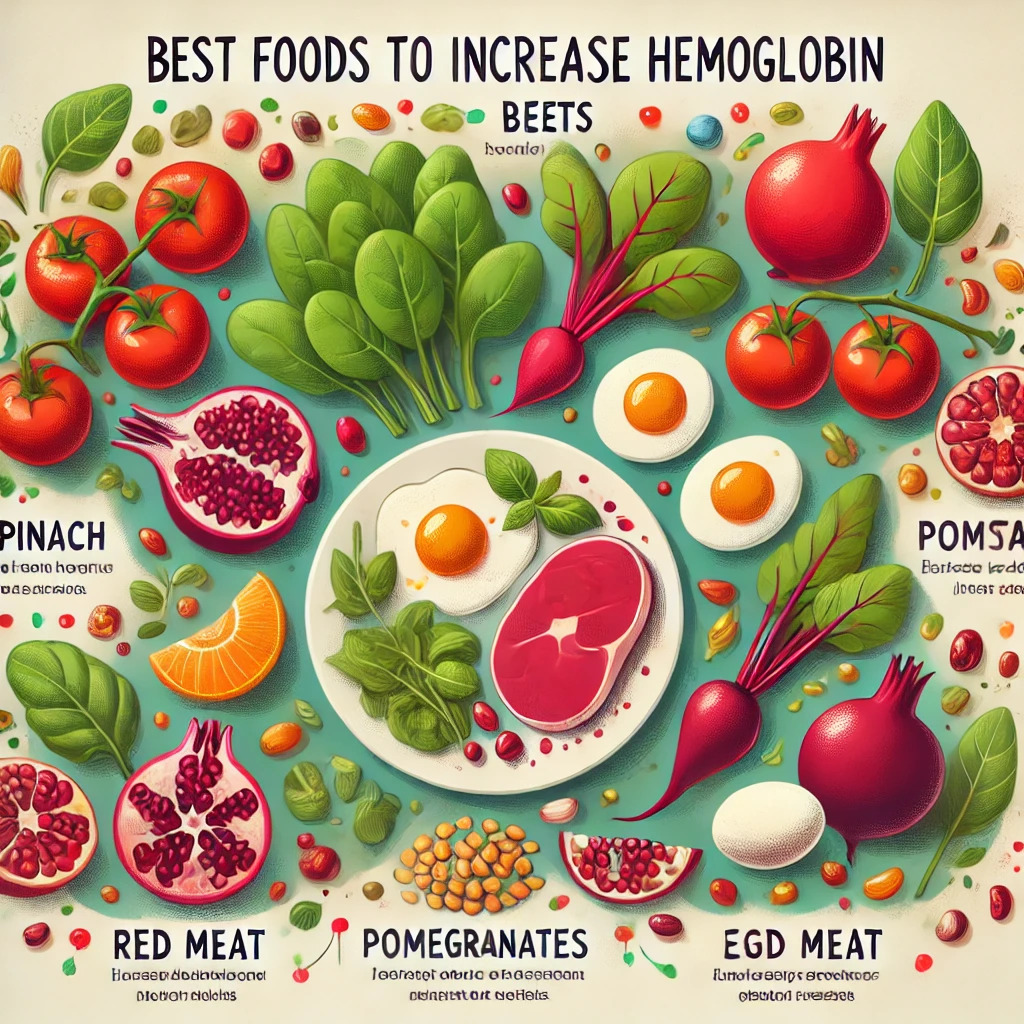How to Increase Hemoglobin in a Week During Pregnancy?

Most people are aware that maintaining optimal hemoglobin levels during pregnancy is essential for both the mother and the baby. However, one must have realistic expectations and adopt a practical, long-term approach. It is absolutely possible to change lifestyle and adopt healthy practices in a week but the hemoglobin levels will take time to increase.
If you are pregnant and have recently discovered you have low hemoglobin levels, you may be tempted by the idea of increasing hemoglobin during pregnancy in a week. However, the production of hemoglobin and regulation of both iron as well as hemoglobin are complex processes. It takes time, consistent efforts, and medical guidance to bring about the intended results.
Making changes and using strategies like taking iron-rich foods, iron supplements, etc, can support the production of hemoglobin, but how your body will absorb and utilize iron will vary from one person to another. Additionally, a person may have a health condition, another kind of nutritional deficiency, etc which further complicates the process of increasing hemoglobin in pregnancy.
There are so many physiological changes which happen during pregnancy which lead to different demands during different stages for various nutrients. Therefore expecting changes in a week is unrealistic. One must respect the natural pace of pregnancy and if there is an urgency, your doctor is the best person to take the necessary measures for improving hemoglobin levels during pregnancy.
This blog will discuss the reasons for the increased need for hemoglobin and iron during pregnancy, practical ways to support optimal hemoglobin levels, sustainable practices, and other important things. You can use this as a guidance albeit with proper medical guidance for promoting a healthy pregnancy.
Hemoglobin and Its Importance: Understanding The Impact
Let's first get the basic knowledge and learn that hemoglobin is a protein which is found in Red blood cells (RBCs). It carries oxygen from the lungs to the rest of the body. Hemoglobin needs to increase in pregnancy because the body’s demand for oxygen increases to support the growing fetus. Maintaining normal hemoglobin during pregnancy becomes essential. Low hemoglobin levels can cause anemia and it causes complications like low birth weight, preterm birth, etc, if not corrected.
Factors Affecting Hemoglobin Levels During Pregnancy
Several factors can influence hemoglobin levels and the need to increase hemoglobin levels in pregnancy with the right measures. Let's take a look:
Nutritional Deficiencies- Iron, folate, and vitamin B12 are essential nutrients for hemoglobin production while other nutrients like vitamin C, protein, other B vitamins, and some trace minerals also play a supportive role. Inadequate intake of these nutrients can lead to anemia.
Increased Blood Volume in Pregnancy: Blood volume increases, almost by 50% during pregnancy, which leads to the dilution of red blood cells which can potentially lower hemoglobin levels.
Iron absorption: The normal response of the body is to increase the absorption of iron during pregnancy which helps to maintain optimal hemoglobin levels. But you may need to take additional measures to increase your hemoglobin levels in pregnancy if the demands for iron are not met for both the mother and the fetus.
Medical Conditions: Some medical conditions like Thalassemia, sickle cell disease, or others can affect hemoglobin levels in pregnant women. Any medical condition which may cause increased destruction of red blood cells, conditions which may decrease iron and other nutrient absorption, etc, will cause anemia.
Additional risks
These include two pregnancies close together.
If one is pregnant with more than one child because in such a case, the needs are increased even more
Significant morning sickness, etc.
Symptoms of Iron Deficiency in Pregnancy
There are some symptoms of Iron or hemoglobin deficiency in pregnancy and if you have those it means you will have to work on increasing hemoglobin levels during pregnancy with a proactive approach. You must consult your doctor regularly and inform them of any symptoms so that the right treatment and changes can be made at the earliest.
The symptoms of Iron deficiency and low hemoglobin may include:
Fatigue- One may feel unusually exhausted even after getting enough rest and without any apparent cause if there is an iron deficiency.
Weakness- When hemoglobin levels are low due to any reason, the oxygen delivery to the tissues is insufficient. This can lead to decreased stamina and muscular weakness.
Shortness of breath- As the blood has decreased oxygen-carrying capacity when hemoglobin levels are low, one may have shortness of breath which is more pronounced with physical activity.
Paleness- Hemoglobin is responsible for carrying oxygen in the blood and its deficiency will cause pale skin, pallor of the conjunctiva, and nail beds.
Headaches- Reduced oxygen supply can trigger persistent headaches and migraines.
Dizziness or lightheadedness- This may be another sign that you need to increase hemoglobin in pregnancy as one may feel dizzy or lightheaded on getting up suddenly if there is anemia.
Cold extremities- This is another sign because low hemoglobin causes poor circulation.
Restless Legs Syndrome- This can have other reasons but anemia is also one of the causes of uncomfortable sensations in the legs which is made better by movement.
Tips For Naturally Increasing Hemoglobin Levels in Pregnancy
Anemia during pregnancy must be addressed by a doctor and you can adopt these tips along with medical advice to support a healthy pregnancy:
Foods to increase hemoglobin during Pregnancy
Adding iron-rich foods into your diet like lean meats, poultry, fish, beans, lentils, tofu, green leafy vegetables like spinach, and fortified cereals can help.
Pairing iron-rich foods with natural sources of Vitamin C like citrus fruits or their fresh juice in small amounts, bell peppers, etc, can help increase the absorption of iron.
Consume folate-rich foods like leafy greens, citrus fruits, fortified grains, legumes, etc, for supporting hemoglobin production.
Do consume dairy products and healthy non-vegetarian sources like eggs, lean meats, etc, for B12. Vegetarians and vegans may require supplements.
Do add natural sources of protein, and trace minerals like copper, zinc, manganese, cobalt, selenium, etc, as these too support hemoglobin production and the production of red blood cells.
It is always a good idea to add fruits and vegetables rich in antioxidants.
As you can see it is not too tough to figure out how to increase hemoglobin in pregnancy for vegetarians as most of your needs can be met by a well-balanced vegetarian diet. Dry fruits like raisins, and fruits like pomegranates can also be incorporated into your diet as these too help in preventing anemia.
Take supplements- Supplements containing iron, folate, B12, and other essential nutrients can be used to bridge the nutritional gaps and help increase levels of hemoglobin during pregnancy. But you must get a personal recommendation from your doctor as safe supplementation is important. Some people may not be suitable for taking iron supplements.
Avoid nutrient inhibitors- Certain substances like tannins in tea, caffeine in coffee, and calcium supplements can inhibit the absorption of iron and other nutrients. Limit the intake of tea and coffee. Maintain a gap between tea, coffee, and your meals. Avoid taking calcium supplements at the same time as iron-rich foods or supplements.
Cooking in iron pots- Using food-safe iron pots to cook acidic foods can increase the iron content of your food.
Hydrate well- Take enough fluids to keep yourself hydrated to support good blood circulation and volume.
Manage stress and get good quality sleep- High levels of stress affect nutrition, digestion, and various other processes. Bad sleep impacts the body and bodily functions. Both stress and poor sleep can impair hemoglobin production. Try to get 8-9 hours of high-quality sleep and learn to manage stress. Never be shy of taking help.
You should discuss all dietary and lifestyle changes with your doctor.
When To Seek Medical Attention For Increasing Hemoglobin Levels?
The above information and knowledge can empower pregnant women to make the necessary changes to maintain healthy hemoglobin levels. However, it is important to monitor your blood levels of hemoglobin and other parameters regularly. *O-Lab in Jammu can become your trusted partner on the way to a healthy pregnancy as we offer all necessary blood tests at economical prices and accurate results.
You should always go for regular checkups and seek early medical attention if you notice symptoms like fatigue, dizziness, palpitations, shortness of breath, etc. Your healthcare provider can run the necessary tests and do a thorough physical assessment to recommend appropriate treatment to increase hemoglobin levels during pregnancy if required, give you supplements, advise the necessary changes, or use other interventions.
Tests Which Can Diagnose Anemia in Pregnancy
Complete Blood Count- This is a simple blood test which can provide information about the number and types of red blood cells, white blood cells, as well as platelets. It also includes other important parameters like hemoglobin levels, hematocrit, means corpuscular volume, etc, which can indicate both the presence and severity of anemia. This test can be quite helpful in diagnosing the type of anemia providing clues to the underlying causes.
Peripheral Blood Smear- It is a very important test where a thin blood film is seen under a microscope to analyze the shape, size, and appearance of red blood cells, white blood cells, and platelets. It can show if red blood cells are abnormal in shape or size, if there is destruction of red blood cells, etc.
Serum Ferritin Test- This test can be an important indicator even before the hemoglobin levels have dropped. Ferritin is a protein and it stores iron in our bodies. Low levels of serum ferritin imply depleted iron stores. This can help you take steps to increase hemoglobin levels in pregnancy at an early stage.
Total Iron Binding Capacity- It measures the blood’s ability to bind iron. A high level means that there may be an iron deficiency.
Transferrin Saturation- This test will measure the percentage of transferrin saturated with iron. A low saturation can mean iron deficiency as transferrin is a protein which transports iron.
Serum Iron- measures the amount of iron in your blood.
Vitamin B12 and Folate levels- These are tested because a deficiency can cause megaloblastic anemia.
Reticulocyte Count- Our bone marrow produces these immature red blood cells if a person has anemia or has suffered blood loss. This test may be used for a few people.
Rare tests used are Hemoglobin Electrophoresis and Bone Marrow Biopsy.
These tests are used as needed and only a few tests are usually done. These provide valuable information to healthcare professionals for diagnosing anemia in pregnancy, finding the underlying cause, and for deciding the best course of treatment.
Impact of Low Hemoglobin Levels on Mother and The Fetus
Low hemoglobin levels lead to anemia which can significantly affect both the pregnant woman and the fetus.
Some of the implications of anemia due to low hemoglobin levels in pregnancy are-
Complications for the pregnant mother
It can severely affect the quality of life of the pregnant woman as she can have fatigue, weakness, and shortness of breath.
As the oxygen delivery is reduced to various tissues, the exercise tolerance is also decreased which affects physical and mental fitness.
Anemia can weaken the immune system making the pregnant person susceptible to infections of the urinary tract and respiratory system.
Some studies have suggested that there may be an association between anemia and preeclampsia. Preeclampsia is a serious condition.
Anemic pregnant people may be more prone to develop postpartum complications.
Complications for the developing fetus
Anemia in the mother puts a fetus at the risk of low birth weight which can lead to various health issues and developmental delays.
There may be preterm birth increasing complications for the premature baby like respiratory distress, feeding issues, etc.
Intrauterine growth restriction and fetal distress are two other serious complications which may occur with severe anemia.
Conclusion
This blog covers all important information related to increasing hemoglobin in pregnancy but you should always take medical advice as pregnancy is a time of great physiological changes. Every mother deserves to have a healthy and joyful pregnancy. Reach out to O-Lab for your blood tests before, during, or after pregnancy. Get the best packages and services.





